Yefim Bronfman, Tonhalle Orchestra Zurich, David Zinman - Beethoven: Piano Concertos Nos. 3 & 4 (2005) CD-Rip

Artist: Yefim Bronfman, Tonhalle Orchestra Zurich, David Zinman
Title: Beethoven: Piano Concertos Nos. 3 & 4
Year Of Release: 2005
Label: Arte Nova Classics
Genre: Classical
Quality: FLAC (image+.cue,log,scans)
Total Time: 67:01
Total Size: 251 Mb
WebSite: Album Preview
Tracklist: Title: Beethoven: Piano Concertos Nos. 3 & 4
Year Of Release: 2005
Label: Arte Nova Classics
Genre: Classical
Quality: FLAC (image+.cue,log,scans)
Total Time: 67:01
Total Size: 251 Mb
WebSite: Album Preview
Piano Concerto No. 3 in C Minor, Op. 37
01. Allegro con brio - 00:15:55
02. Largo - 00:09:09
03. Rondo: Allegro - 00:09:00
Piano Concerto No. 4 in G Major, Op. 58
04. Allegro maestoso - 00:18:21
05. Andante con brio - 00:04:25
06. Rondo: Vivace - 00:09:52
Performers:
Yefim Bronfman - piano
Tonhalle Orchestra Zurich
David Zinman - conductor
Dan Fee has said it all, beautifully, regarding this recording. I can only add that, the telling moment in this recordings is in the development of the first movement of the 4th, and the massive nature of the drama of the second movement. I've so many recordings of this work. Beautiful are they all are, in various ways, but nobody gets these two sections so right on as Bronfman/Zinman. I've heard Bronfman many times in person, and wondered why he isn't a household name.
The development of the first movement is one of the piano concerto's greatest moments. Why does everyone else let the piano rule and obscure the battle that exists in the orchestra against the piano? Not in this recording is this allowed. The immense drama of hearing EVERY note in the winds, the strings, as the piano rages in arpeggio, is the point! Not one note can be wasted. As my teacher said once, "never be ashamed of the left hand in Beethoven." I think this is the only way to present this development section. Everyone else subdues the orchestra as though it is less than the piano part. Beethoven meant every note. And this is the only recording I have that allows that. And what a glorious turbulence we get from this reading! The drama that is what being human is all about.
Then, there is Zinman's perfect articulation of the orchestral statements in the second movement. Violent, near vociferous, not to be subdued. But they are, by Bronfman's answers. This is perhaps the greatest piano concerto ever written, as I've often been told, and now I know why. In this very short slow movement, more is said, philosophically, contained in so few measures, than many pianists get in recordings of the entire cycle of Sonatas.
To paraphrase James Agee's title for his great documentary work, "Let Us Now Praise Famous Musicians." Bravo, Bronfman and Zinman. Finally, we hear the 4th as it was written. To please me is one thing, but to please Beethoven, good luck! And I'm sure the master is pleased to hear this played as we hear in this recording. And thank you, Mr. Fee, for your wonderful, well-thought-out examination of this recording.
The development of the first movement is one of the piano concerto's greatest moments. Why does everyone else let the piano rule and obscure the battle that exists in the orchestra against the piano? Not in this recording is this allowed. The immense drama of hearing EVERY note in the winds, the strings, as the piano rages in arpeggio, is the point! Not one note can be wasted. As my teacher said once, "never be ashamed of the left hand in Beethoven." I think this is the only way to present this development section. Everyone else subdues the orchestra as though it is less than the piano part. Beethoven meant every note. And this is the only recording I have that allows that. And what a glorious turbulence we get from this reading! The drama that is what being human is all about.
Then, there is Zinman's perfect articulation of the orchestral statements in the second movement. Violent, near vociferous, not to be subdued. But they are, by Bronfman's answers. This is perhaps the greatest piano concerto ever written, as I've often been told, and now I know why. In this very short slow movement, more is said, philosophically, contained in so few measures, than many pianists get in recordings of the entire cycle of Sonatas.
To paraphrase James Agee's title for his great documentary work, "Let Us Now Praise Famous Musicians." Bravo, Bronfman and Zinman. Finally, we hear the 4th as it was written. To please me is one thing, but to please Beethoven, good luck! And I'm sure the master is pleased to hear this played as we hear in this recording. And thank you, Mr. Fee, for your wonderful, well-thought-out examination of this recording.
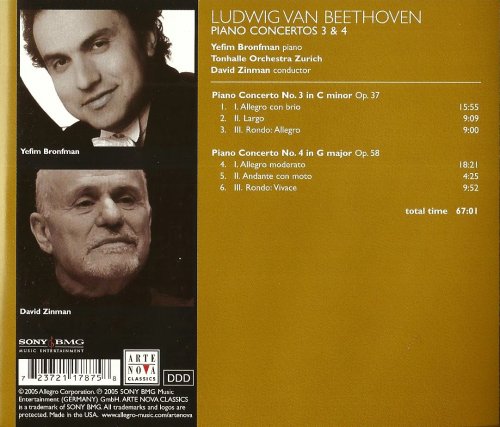
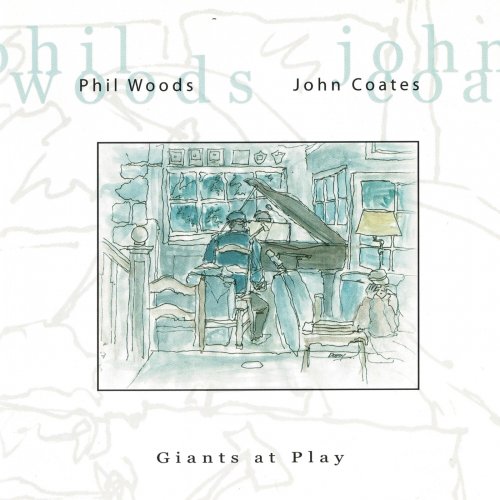
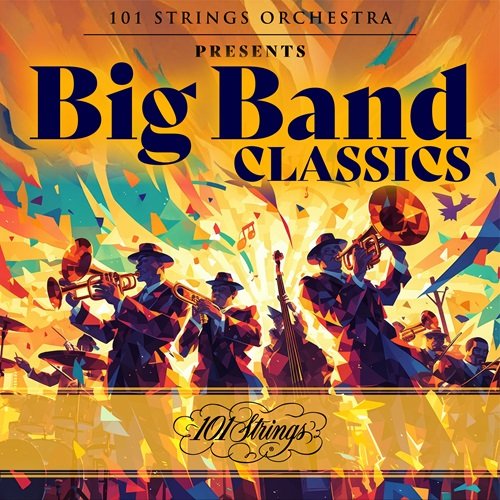
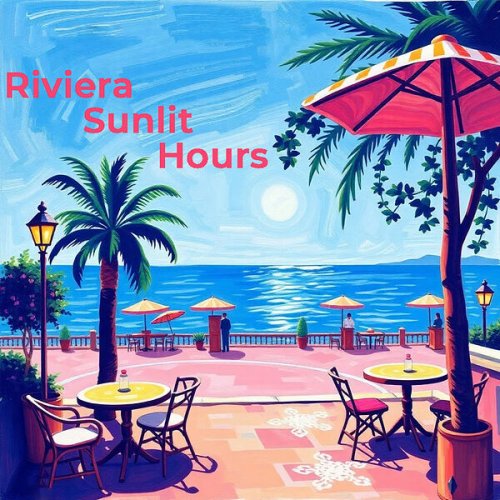
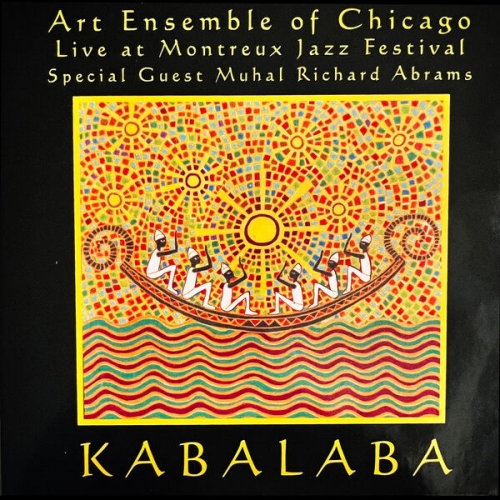
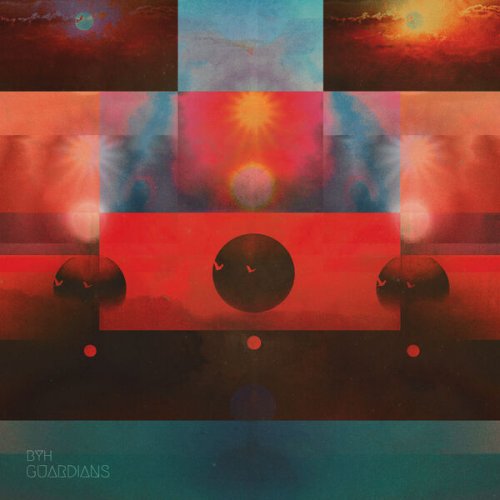
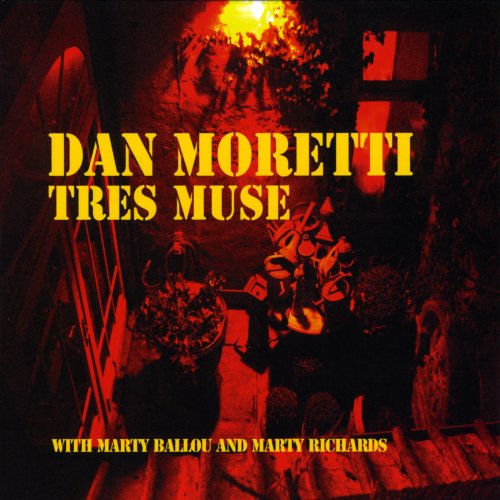
![Addison Frei - Live At Montreux 2018 (Live) (2026) [Hi-Res] Addison Frei - Live At Montreux 2018 (Live) (2026) [Hi-Res]](https://img.israbox.com/img/2026-01/09/zr7s2n9ecu1zq9vypf4y39cv1.jpg)
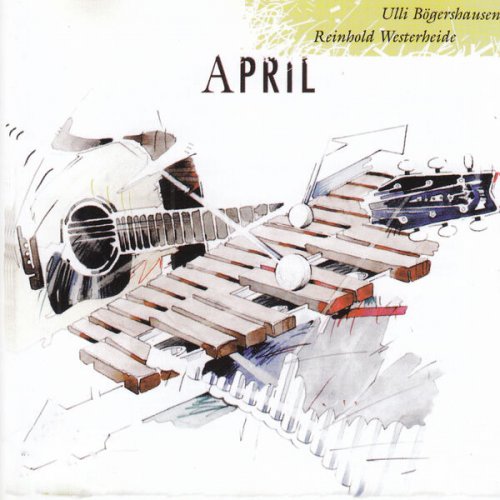
![Lophae - Fry Before You Buy (2026) [Hi-Res] Lophae - Fry Before You Buy (2026) [Hi-Res]](https://img.israbox.com/img/2026-01/08/mfhj4tpc29y1myjoaxltfnrfz.jpg)